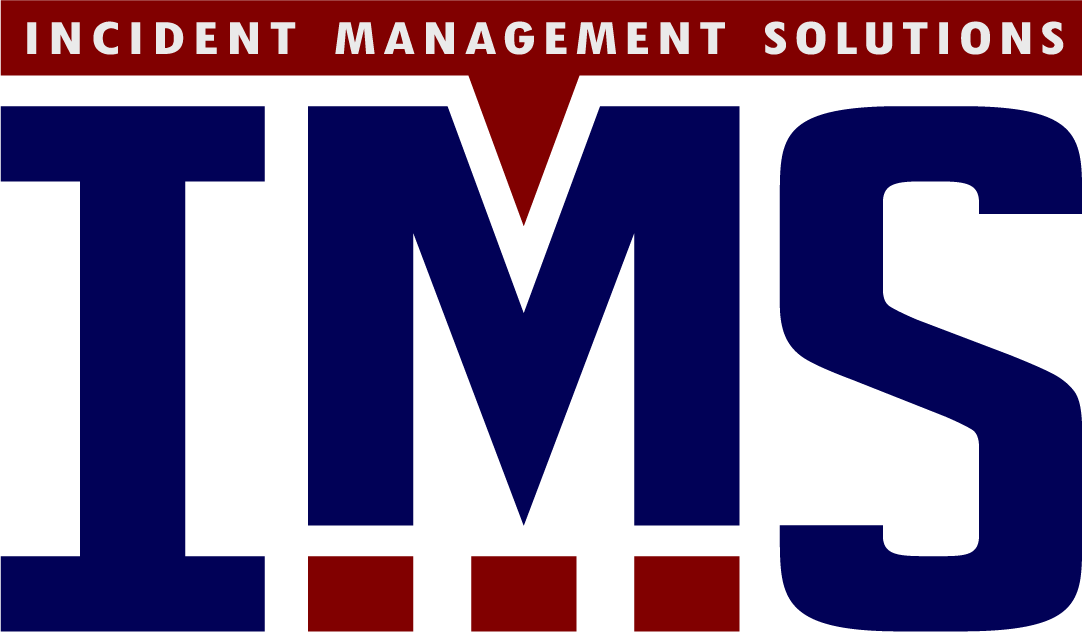Private Sector and Corporate
More Than One Hundred Twenty Five Years of Extensive Expertise in Crisis Leadership and Change Management
Our Expertise
Incident Management Solutions (IMS) in the private and corporate sectors provide the specialized expertise and technological framework to effectively manage, control, and resolve unexpected disruptions. This expertise centers on implementing the structured Incident Command System (ICS) to establish clear roles, a chain of command, and standardized procedures, ensuring a coordinated, scalable, and rapid response to any event, from minor IT failures to major facility crises. IMS vendors offer software that acts as a centralized platform for real-time data logging, automated alerting and notification of key personnel, and communication to enhance situational awareness and transparency. Crucially, IMS supports business continuity by documenting every action for post-incident analysis and root cause identification, driving continuous improvement in organizational resilience and minimizing financial and reputational damage.
Emergency management planning in the private and corporate sectors is primarily focused on Business Continuity Planning (BCP), which ensures the organization can continue to deliver essential products or services at acceptable levels following a major disruption. This comprehensive planning adopts an all-hazards approach, starting with a Risk Assessment and Business Impact Analysis (BIA) to identify vulnerabilities—from natural disasters and facility failures to cybersecurity threats and supply chain interruptions—and determine Recovery Time Objectives (RTO) for critical functions. The process involves developing Emergency Response Plans (ERP) to protect life safety, securing IT systems with Disaster Recovery (DR) strategies, and creating clear internal and external crisis communication protocols. Finally, to validate preparedness and ensure employee readiness, these plans are regularly trained, tested, and updated through drills and exercises.
Planning
Emergency management training in the private and corporate sectors is focused on education, knowledge acquisition, and competency development to support the formal emergency plans. This includes foundational employee awareness training on recognizing various hazards (e.g., severe weather, active assailant/workplace violence, chemical spills) and understanding their personal roles in initial protective actions like evacuation and shelter-in-place procedures. For specialized personnel, training involves more in-depth curriculum on topics such as the Incident Command System (ICS), Business Continuity (BC) planning principles, crisis communication protocols, and obtaining OSHA-mandated certifications like First Aid/CPR/AED/STOP THE BLEED and HAZWOPER for employees responsible for emergency response equipment or hazardous materials. The training typically uses a mix of online modules, classroom instruction, case study reviews, and webinars to ensure compliance and build a common, informed response capability across the organization.
Training
Leadership
Emergency Management leadership in the private and corporate sectors is a strategic, executive-level function primarily focused on enterprise resilience and business continuity. Leaders, often including the CEO and C-suite executives, are responsible for establishing the governance framework for crisis management, setting the organizational risk tolerance, and ensuring the allocation of resources for comprehensive preparedness, mitigation, response, and recovery programs. Their key duties involve linking emergency plans to the company's strategic goals, maintaining a clear Incident Command System (ICS) structure for crisis activation, serving as the ultimate decision-makers in high-stress situations, and managing stakeholder communications to reassure employees, investors, and the public. Ultimately, corporate emergency leadership drives a culture of preparedness to protect the company's people, assets, brand reputation, and financial stability from all-hazards threats.
Drills and Exercises
Emergency Management drills and exercises in the private and corporate sectors are vital for validating business continuity plans and building organizational resilience. These training activities range from discussion-based exercises like Tabletop Exercises (TTX), where executive teams verbally walk through a hypothetical scenario to identify plan gaps and refine decision-making, to operations-based exercises. Operations-based exercises include Drills (testing a single function, such as an evacuation) and complex, multi-functional Full-Scale Exercises (FSE) that simulate a real-time crisis involving the coordination of multiple internal departments, external first responders, and the activation of Emergency Operations Centers. The primary goal is to clarify roles and responsibilities, stress-test communication protocols, and ensure employees and leadership have the necessary "muscle memory" to respond effectively and efficiently when a real disruption, from a cyberattack to a natural disaster, occurs.
Clients Served
Incident Management Solutions has been serving the healthcare system since 1996.
-
Disaster Ready! Orange County (CA) (now ReadyOC)
HCPro/The Greeley Company/Opus Communications
Kroll Financial and Risk Advisory Solutions
Risk Solutions, Inc. (RSI)
Complimentary Consultation
There is no charge for us to discuss your matter with you and recommend a path forward.





